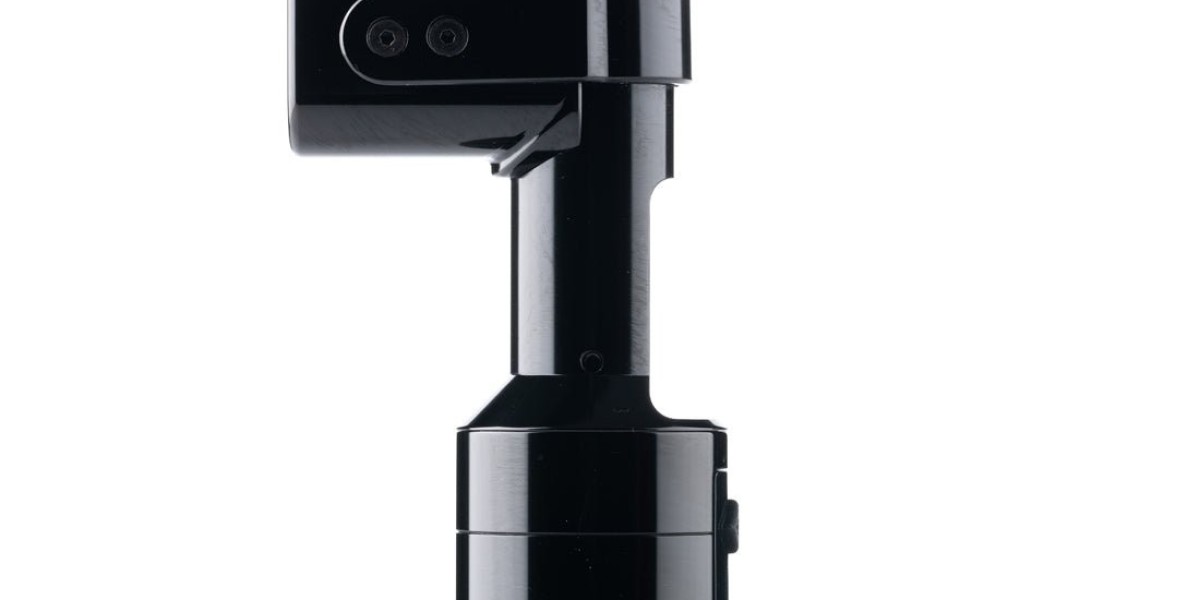rotary machines In the realm of tattooing, the rotary tattoo machine has emerged as a game-changer, offering artists unparalleled precision, versatility, and artistic freedom. Unlike its predecessors, which relied on coil mechanisms, the rotary machine operates on a different principle, making it a preferred choice among contemporary tattoo artists worldwide.
At its core, a rotary tattoo machine utilizes a rotary motor to drive the needle assembly up and down. This mechanism provides smooth, consistent movement, allowing for precise control over needle depth and speed. This precision is crucial in achieving intricate details and shading techniques, enhancing the quality and durability of tattoos.
One of the standout features of rotary machines is their lightweight and ergonomic design. Crafted from durable materials such as aircraft-grade aluminum or stainless steel, these machines are engineered to minimize hand fatigue during extended tattoo sessions. The ergonomic grip ensures optimal comfort and control, enabling artists to maintain steady hands and achieve flawless lines and gradients.
Furthermore, rotary tattoo machines are renowned for their versatility across different tattooing styles. Whether executing fine line work, bold outlines, or intricate shading, these machines excel in delivering consistent results. Artists can easily adjust settings such as needle depth, speed, and voltage to accommodate varying skin types and client preferences, ensuring a customized tattooing experience.
The efficiency of rotary machines extends beyond performance to operational considerations. Unlike traditional coil machines, which produce audible buzzing sounds, rotary machines operate quietly, creating a more relaxed environment for both artists and clients. This noise reduction enhances the overall tattooing experience, particularly in studio settings where ambiance plays a crucial role.
Another significant advantage of rotary tattoo machines lies in their compatibility with a wide range of needle configurations. Artists can choose from different needle types, including liners, shaders, and magnums, to achieve specific effects and textures. This versatility allows for seamless transitions between different stages of tattooing, from outlining to filling and detailing.
In terms of maintenance, rotary machines are relatively low-maintenance compared to their coil counterparts. The absence of intricate coil assemblies simplifies cleaning and sterilization procedures, promoting hygiene and ensuring compliance with industry standards. This streamlined maintenance process saves time and allows artists to focus more on their craft.
Moreover, rotary machines are designed to be user-friendly, making them suitable for both seasoned professionals and aspiring tattoo artists. Intuitive controls and straightforward assembly enable artists to master the machine quickly, reducing learning curves and accelerating skill development. This accessibility fosters creativity and experimentation, encouraging artists to push boundaries and explore new techniques.
From a technological standpoint, rotary tattoo machines continue to evolve with advancements in motor technology and design. Manufacturers constantly innovate to enhance performance, durability, and efficiency, ensuring that artists have access to cutting-edge tools that meet their evolving needs. This commitment to innovation drives the popularity and widespread adoption of rotary machines in the tattoo industry.
The versatility of rotary tattoo machines is also evident in their application beyond traditional tattooing. Many artists use rotary machines for specialized procedures such as permanent makeup, scalp micropigmentation, and even medical tattooing. This diversification underscores the adaptability and reliability of rotary machines across different disciplines within the cosmetic and medical fields.
As the tattoo industry embraces innovation and technological advancements, rotary tattoo machine remain at the forefront of this evolution. Their ability to combine precision, versatility, and ergonomic design has made them indispensable tools for modern tattoo artists seeking to elevate their craft and deliver exceptional results.
Looking ahead, the future of rotary tattoo machines promises continued innovation and refinement, driven by feedback from artists and advancements in engineering. As these machines become more sophisticated and versatile, they will undoubtedly play a pivotal role in shaping the future of tattoo artistry, inspiring creativity and setting new standards of excellence in the industry.
In conclusion, rotary tattoo machines have revolutionized tattoo artistry by offering unmatched precision, versatility, and ergonomic design. From their smooth operation to their compatibility with various tattooing styles and applications, these machines empower artists to unleash their creativity and achieve exceptional results. As the tattoo industry continues to evolve, rotary machines will remain indispensable tools for artists dedicated to pushing the boundaries of art and innovation.






